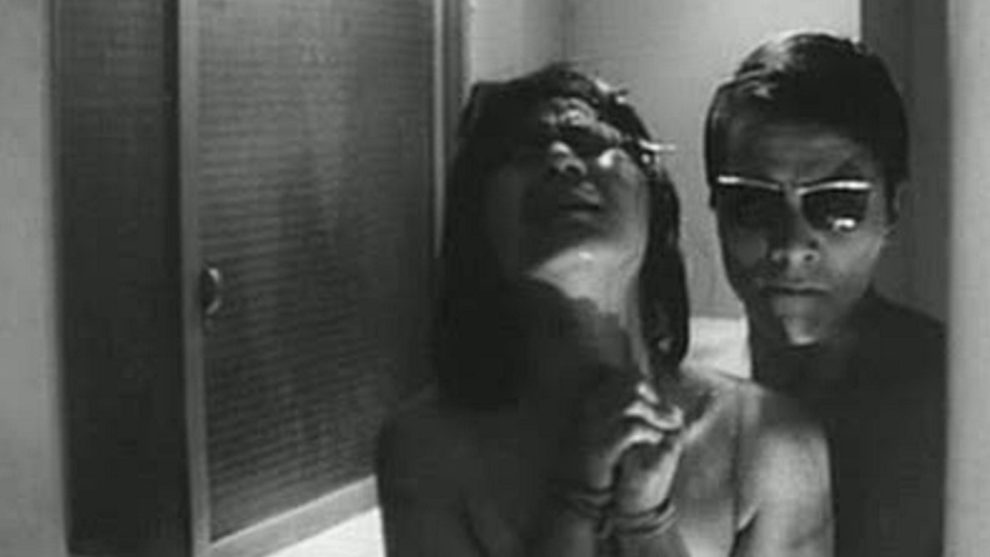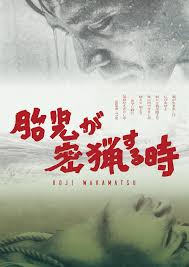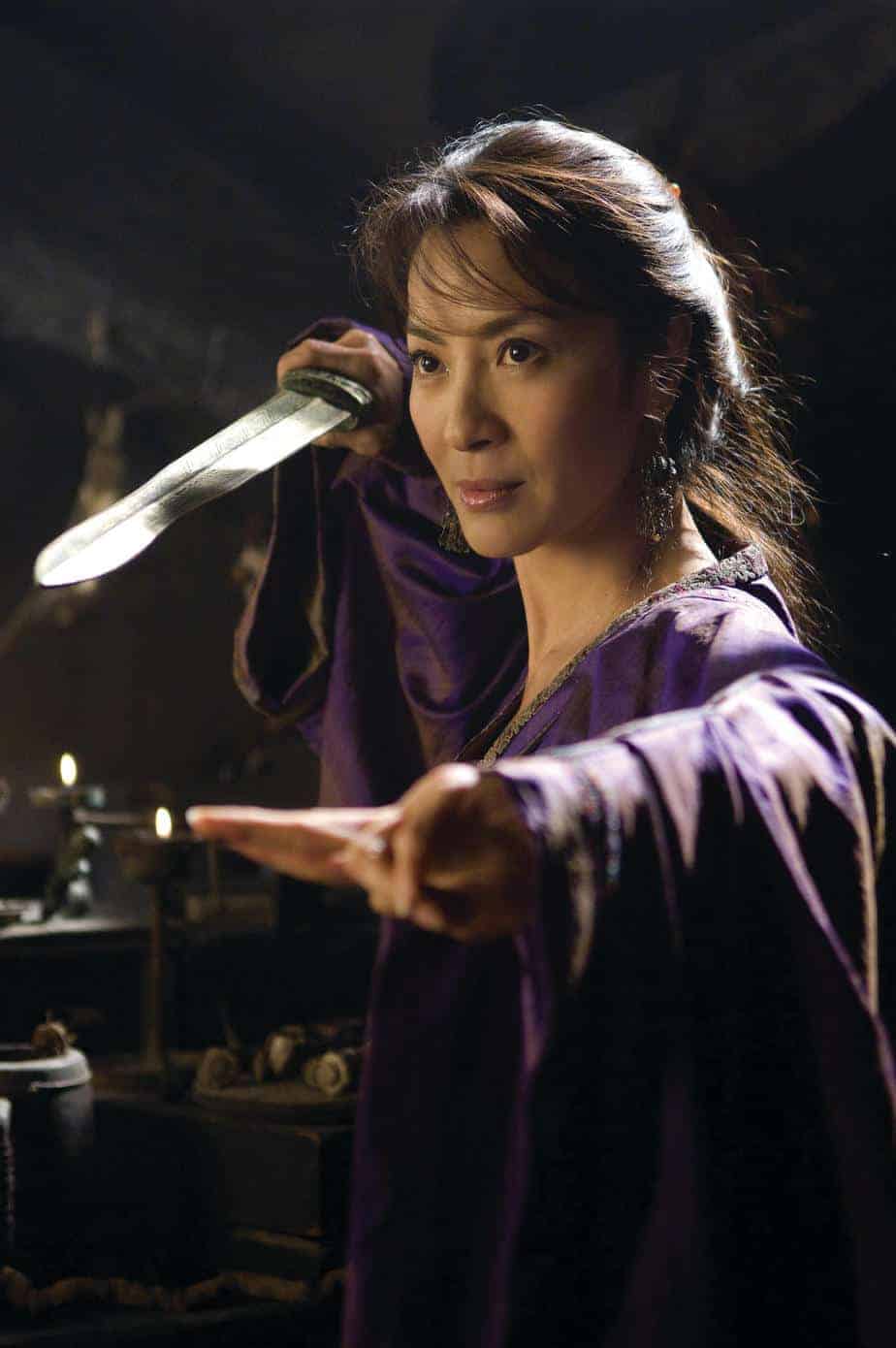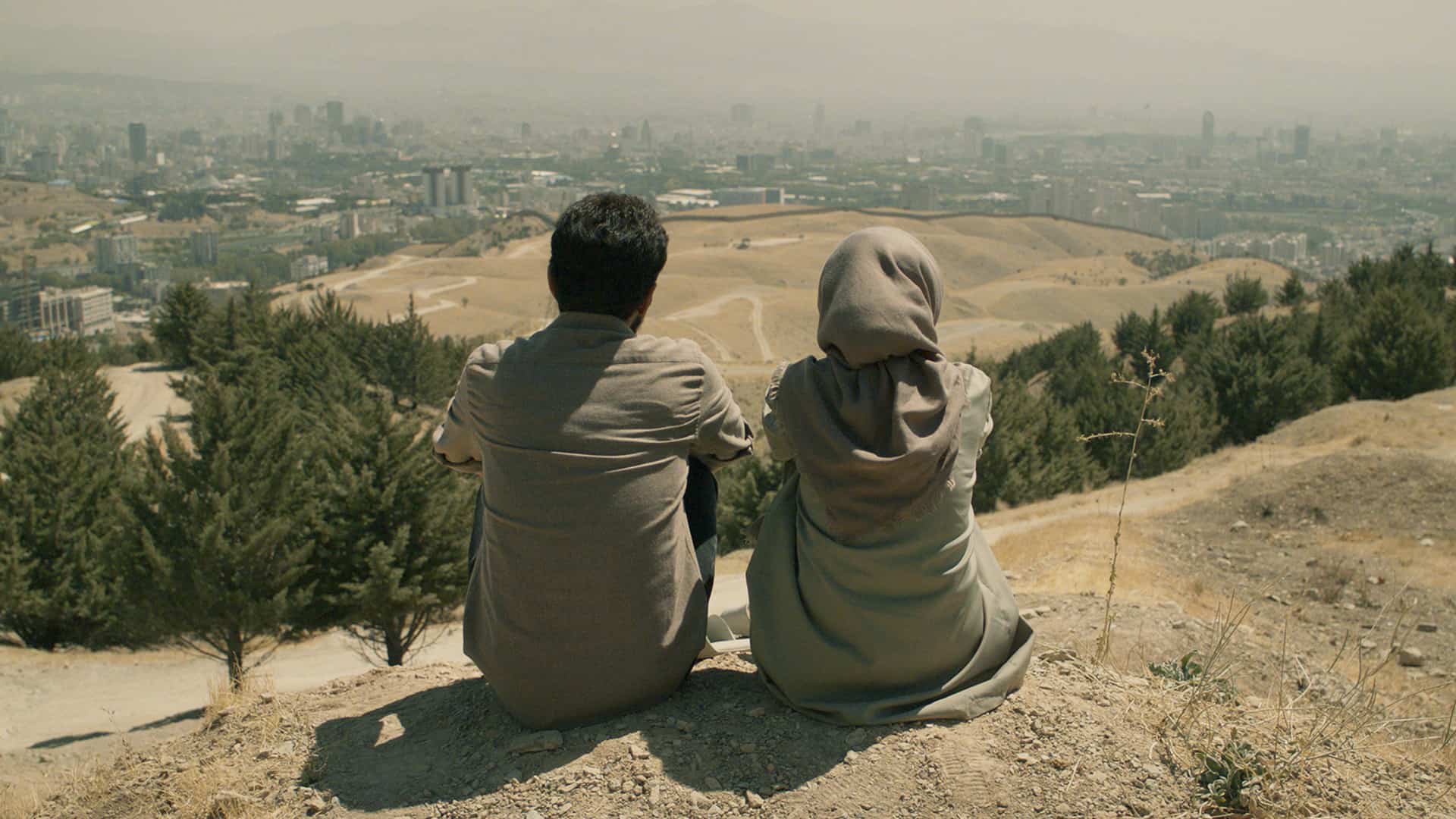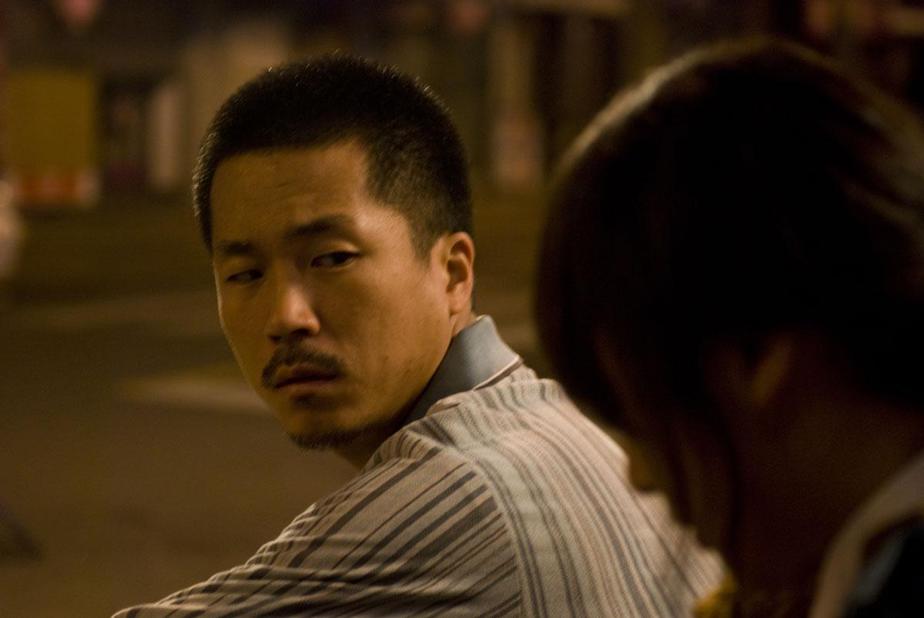The first film Koji Wakamatsu released after leaving Nikkatsu and instituting his own production company, Wakamatsu Pro, was a testament to the rest of his work, in terms of production, aesthetics and overall approach, including the title. With a minuscule budget in his hands (although the later “Violent Virgin” had an even smaller) and based on an idea he came up with while looking at the rain outside of his company office's windows that Masao Adachi turned into a proper script, “The Embryo Hunts in Secret” was, nevertheless, a highly profitable venture. This success can be attributed to Wakamatsu's connection with exhibitors, but also due to its screening at the 1968 Knokke-Le-Zoute Experimental Film Festival in Belgium.
The film begins with a couple making out in the man's car, before the woman suggests that she would prefer to proceed in somewhere else, and the man offering his place. It is soon revealed that the two, Marukido and Yuma, barely know each other, despite the fact that they work in the same company. Initially, Marukido is gentle but soon reveals his true colors, as his deeply sadistic nature comes to the fore, with the girl ending up severely beaten, with scars all over her body, nakedly tied to a bed without a mattress. All the while, Marukido's behaviour turns from deeply sadistic to self-pitying continuously, as both his previous relationship with his wife and their fight for having a child (he did not want to), and with his mother frequently leave him crying in a fetal position.
Evidently, “The Embryo Hunts in Secret” is a rather difficult film to watch. The minimalistic approach that occasionally reminds of a stage play, particularly since almost the whole movie was shot in the production company's offices, with just two actors, essentially forces the viewer to focus on the sadistic violence that takes place on screen. The detached approach of Marukido during his awful deeds, the scars to Yuma's naked body, her bonding with rope that essentially make her appear as an animal, and her desperate efforts to escape create a hellish setting, where hopelesness goes hand by hand with violence. Even more so, the sound of her screams, upon which occasionally his own cries are added, heighten this sense even more, essentially creating an audiovisual experience that can only be described as disturbing.

Furthermore, it is difficult not to characterize the title as misogynistic, even if Marukido's hate for women seems to derive from deep personal psychological problems. At the same time, the way Wakamatsu builds the whole film around the concept of catharsis, as presented in the final scene, really fulfils its role, in a scene where violence feels more justified than ever.
Technically though, the movie is much more interesting, particularly regarding the crew's effort to move beyond the lack of funding and the presence of just one location. The many flashbacks, which are well-timed and essentially give a much-needed relief from all the violence despite the evident tension that exists in them also, highlight Fumio Miyata's editing in that regard. The occasionally voyeuristic approach to the events is also quite interesting, with DP Hideo Ito again implementing it as kind of relief from the close ups to the action (and the violence) that mostly dominate the film. The baroque-like music is also well-implemented as it seems to compliment Marukido's paranoia. Lastly, the initial sequence with the photographs of the fetuses and another during the end, where Yuma's imagination is juxtaposed with reality, add an element of artfulness and surrealism in the movie.
The actors essentially have very little to work with but both Hatsuyo Yamaya as the paranoid sadist Marukido and Miharu Shima as the despaired victim Yuma are quite convincing, resonating perfectly with the general aesthetics.
The question of if exploitation can be artful or is simply torture porn finds one of its apogees in “The Embryo Hunts in Secret”, in a film though, that hides much of the former underneath its evident, quite disturbing premises.


